Mr. Duong Viet Tien - son of Mr. Duong Quang Tri and author of the memoir about the family's journey through the country's history. (Photo: Minh Anh/Vietnam+)
On the morning of August 7 at the Women's Museum ( Hanoi ), the organization "Soldier's Heart" coordinated with many units to bring two meaningful activities: Presenting portraits of heroic martyrs and people with meritorious services to the revolution and launching the historical memoir "Beloved House" by author and engineer Duong Viet Tien.
Among those who contributed to the revolution and had their portraits restored and given to their families, there was Mr. Duong Quang Tri, who directly participated in organizing a special radio program at Bach Mai Broadcasting Station, introducing the September 2nd Declaration of Independence to the world .
In the memoirs of Mr. Duong Viet Tien, the book records historical events through the story of his family and his hometown, Vinh Tuy village (Hanoi), in which a large part is devoted to talking about his father - revolutionary veteran Duong Quang Tri .
Portrait of Mr. Duong Quang Tri - one of the people directly involved in organizing the radio program introducing the Declaration of Independence drafted by President Ho Chi Minh. (Photo: Soldier's Heart Organization)
Mr. Duong Quang Tri (1914-1983), nicknamed Sau Tri, was from Doai village, Vinh Tuy commune, Hoan Long district, in the suburbs of old Hanoi, now Vinh Tuy ward, Hanoi.
During the resistance war against the French, he hid communist cadres, turning his private home into a secret base of operations and communication for the National Salvation Culture group including Mr. Tran Quoc Huong (intelligence officer Muoi Huong), artists Nguyen Huy Tuong, Nguyen Dinh Thi, revolutionary Hoang Dao Thuy...
Mr. Duong Quang Tri was a good electrician, having studied at a French primary school, so he was fluent in foreign languages. In 1938, he passed the exam to work at Bach Mai Radio Station (128C Dai La old). This was a Morse code signal transmission station between Hanoi, Saigon and Paris, built and operated by the French in 1912, with the largest scale in Indochina in particular and Asia in general at that time.
After the August Revolution succeeded (August 19), Vietnam took over the government from the Japanese empire, the Ministry of Defense took over Bach Mai radio station. A group of engineers and technical workers improved the Morse code transmitter into a radio transmitter, with a capacity of only 300W. Here, Bach Mai Radio Station transmitted President Ho Chi Minh's reading of the Declaration of Independence to compatriots at home and abroad, on the historic afternoon of September 2.
At that time, according to his second son, Duong Viet Tien, Mr. Duong Quang Tri was the shift leader, equivalent to the shift leader, ensuring the factory operated smoothly.
“My father witnessed and participated in special events that took place at Bach Mai Radio Station. During those glorious days, my father and the mechanics of Bach Mai Radio Station quietly served the special broadcast programs successfully,” said Mr. Duong Viet Tien.
Bach Mai Radio Station before 1945 seen from Dai La Street. Source: French Indochina Postcard
According to documents by journalist Vinh Tra, former Chief Editor of Voice of Vietnam Radio, in just 16 months, 7 important historical and broadcasting events occurred at Bach Mai Radio Station.
The most prominent of these are the first program of the Voice of Vietnam (September 7, 1945); the radio program with President Ho Chi Minh personally coming to the station, broadcasting the preliminary agreement of March 6 and saying: "The people of the South are the people of Vietnam. Rivers may dry up, mountains may wear away, but that truth will never change" (March 9, 1946); or the last program at 128C Dai La, broadcasting the order for national resistance of the Minister of National Defense Vo Nguyen Giap, before the station was destroyed by the French army (late December 1946).
Unfortunately, Bach Mai Radio Station at 128C no longer exists because it was demolished to serve the Vinh Tuy-Nga Tu So elevated road project.
The old French house used to be the broadcasting station of Bach Mai Radio Station, taken in 2021. (Photo: VOV)
Reading the memoir "The Beloved Old House" by author Duong Viet Tien, readers will see changes in economy, administration and boundaries, and at the same time introduce the history of the old Minh Khai, Bach Mai, Dai La areas... Author Duong Viet Tien also uses the book to express gratitude to history and family, especially on major national anniversaries like this year./.
(Vietnam+)
Source: https://www.vietnamplus.vn/chan-dung-nguoi-tham-gia-truyen-song-phat-thanh-bac-ho-doc-tuyen-ngon-doc-lap-post1054312.vnp


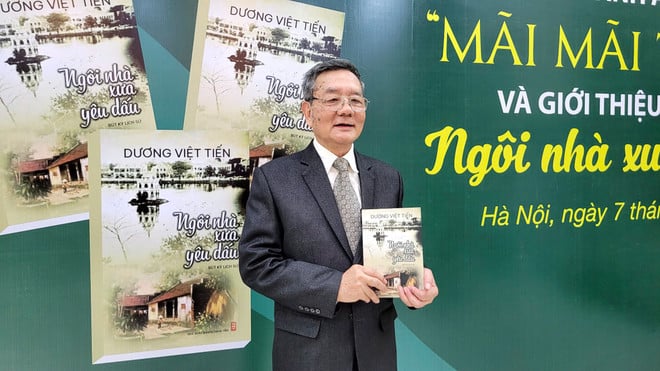
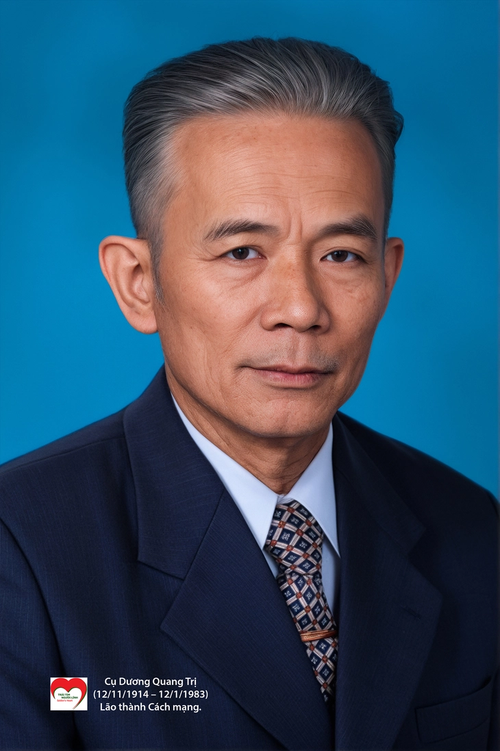
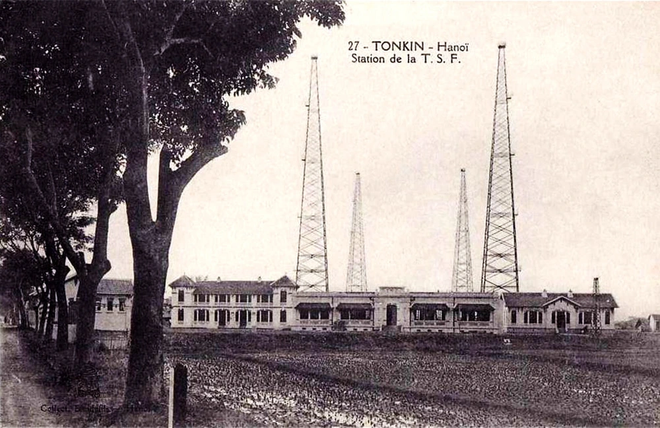
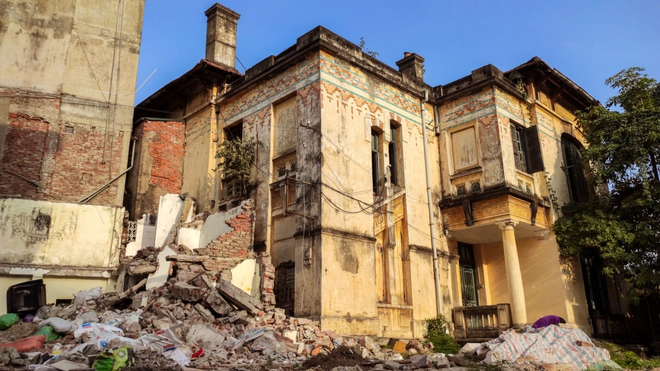
![[Photo] Binh Trieu 1 Bridge has been completed, raised by 1.1m, and will open to traffic at the end of November.](https://vphoto.vietnam.vn/thumb/1200x675/vietnam/resource/IMAGE/2025/10/2/a6549e2a3b5848a1ba76a1ded6141fae)





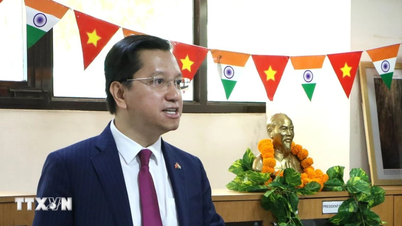



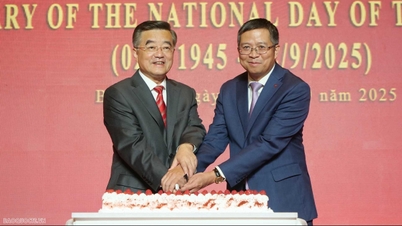




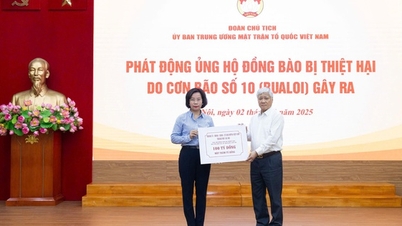

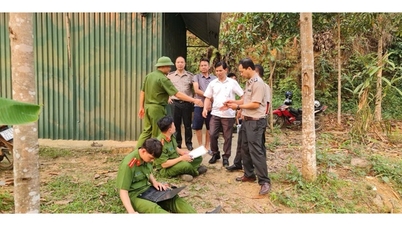
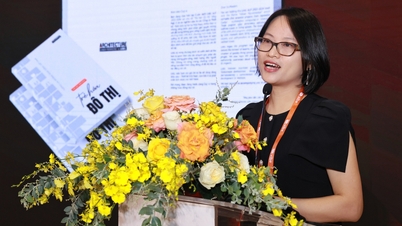

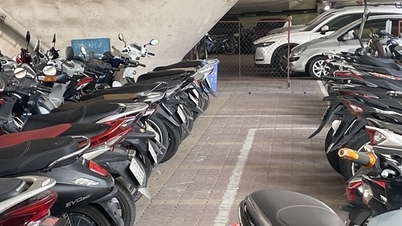






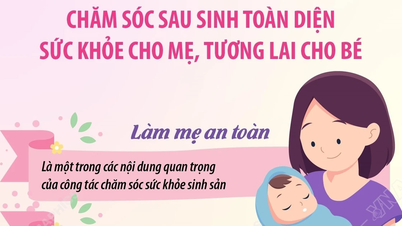
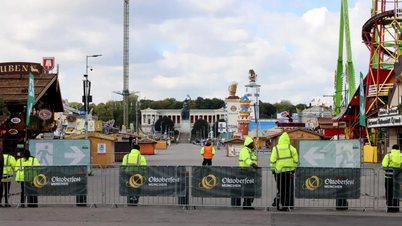
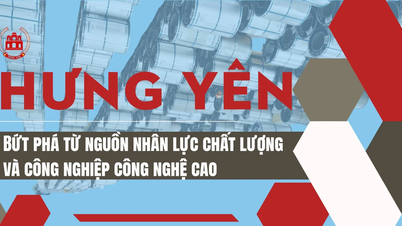
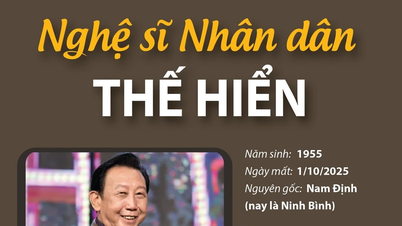
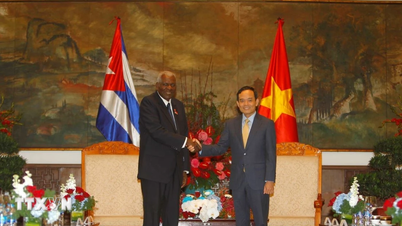
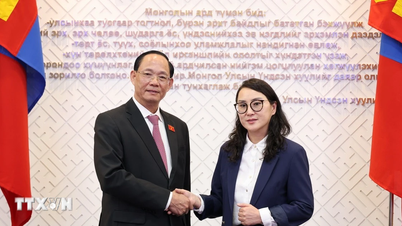
















































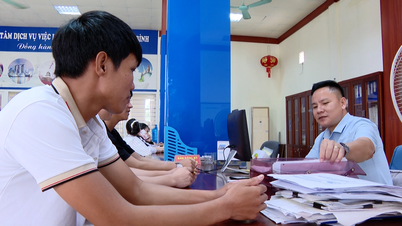

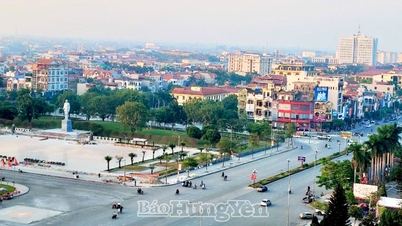


















Comment (0)